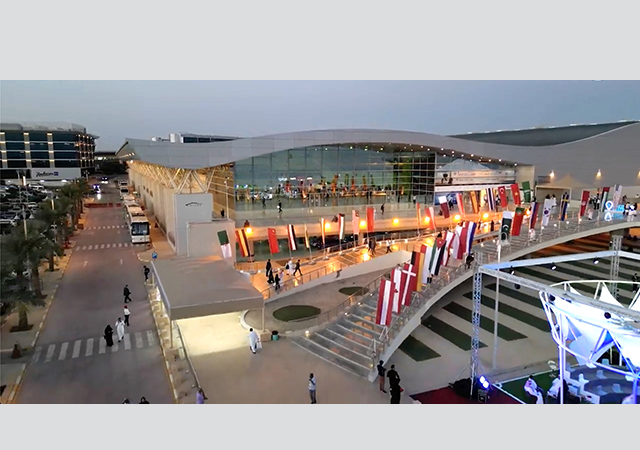

The efficient and reliable use of reinforcing and prestressing steels depends on the steel possessing the correct mechanical properties.
Thereafter, but equally importantly, it depends on its processing and installation, by accurate cutting and bending, prefabrication and installation.
The properties of the steel itself are determined principally by the steel manufacturer. This fact is important for steel bars and coils and consequently certification of the steel manufacturer has grown in importance to the degree that a large percentage of the UAE usage is now from Cares-approved manufacturers. Unfortunately, this is not so for those who fabricate and supply reinforcement to site.
Risk
With the current market for steels for concrete construction having become increasingly globalised, steel could make its way into the UAE’s market from any corner of the globe. This is where the challenge on ensuring top quality lies, since it is well known that consistency of product quality and compliance with product standards is highly variable when considering manufacture on a world scale.
The risks of non-compliance have never been so high, particularly in a market such as the UAE, with its unprecedented rate of growth. High material prices, changes in construction methods and responsibilities, ever-increasing pressure for early completion and progress towards the use of increasingly sophisticated methods of product manufacture and processing are part of a mix that, if not controlled properly, will inevitably result in failures, placing contracts, structures and possibly even people’s health and safety at risk.
Product certification
The Cares certification schemes were structured to reduce the risk to the steel user of receiving and using non-conforming product and to account for handling and processing through the supply chain, from the melting of the steel through to its delivery to site or installation in the structure. Its various certification schemes – which cover both reinforcing steels and post-tensioning in concrete structures – were formulated in conjunction with structure owners, designers, contractors and material manufacturers and processors.
The operation of these schemes and the certification methodology used ensures the application of a high level of knowledge and expertise in the use of product standards, design and construction specifications, manufacturing processes and operative skill requirements for good workmanship. Its management and auditing staff are highly trained and qualified to audit, test and certify, such that the risk of product compliance is reduced.
Cares does not consider it enough to sample and test a few steel bars and certificate accordingly, even if all results prove satisfactory. It is also looking for proof that the processes and management systems used will produce consistently compliant product within an acceptable range of variability.
This is important when dealing with such mass-produced products such as steel. Cares uses analyses of process control and test statistics, as well as customer complaint analysis, to support its certification. Full material traceability is employed in both its reinforcing steel and prestressing and post-tensioning schemes. In addition, Cares recognises that for both post-tensioning and reinforcement prefabrication, workmanship is vital and its certification schemes concentrate heavily on the training, qualification and identification of process operatives to ensure good workmanship.
Traceability
Cares requires that cast identity of constructional steel be retained and that records permit the steel to be traced back to the cast or casts from which they have been fabricated. This is achieved by recording the cast numbers against each bar schedule in the delivery and installation as appropriate, and is retained in the fabricator’s or post-tensioning contractor’s internal documentation. In consequence, test certificates for this steel need not be passed on to the contractor but can be referred to when required. This procedure makes requests for copies of test certificates by contractors or engineers of limited value and could be usefully eliminated.
Prefabrication by welding
Designers, engineers and contractors are increasingly realising the benefits of specifying factory-made, pre-assembled welded fabrications to improve on-site productivity. Under controlled conditions welding can provide:
• Efficient joining of reinforcement, robust enough to survive transportation, lifting and installation; and
• When required, load-bearing joints can be produced to specified strength levels.
Pre-assembled welded fabrications can be manufactured into a range of shapes and sizes to suit applications such as pile reinforcement, beam and column cages and diaphragm walls.
Control of welding processes is vital, since the combination of heat input and rapid cooling rates has the potential to produce hard, brittle structures, susceptible to fracture. Improperly made welds also introduce defects into the material, such as cracks, pores and other stress raisers. These impair mechanical properties and can act as initiation sites for failure.
All of the above effects can lead to degradation of material properties, whether the welds are locational (tack) or structural welds. For this reason, all welding of reinforcing steels requires strict adherence to proven welding procedures and an acceptable level of welder competence. Welds must be fit for their intended purpose, whether they are load-bearing structural welds or non-load-bearing tack welds. Reinforcement fabricators need to demonstrate that welded assemblies meet the requirements of the reinforcing steel specifications, and are safe to transport, handle, lift and install. Improper welding can have severe effects on both the structural performance of the steel, and on the safety in use of welded assemblies.
It is Cares’ attention to all these various aspects that ensures that its certification eliminates the risk and ensures the quality of steel that goes into the structure.








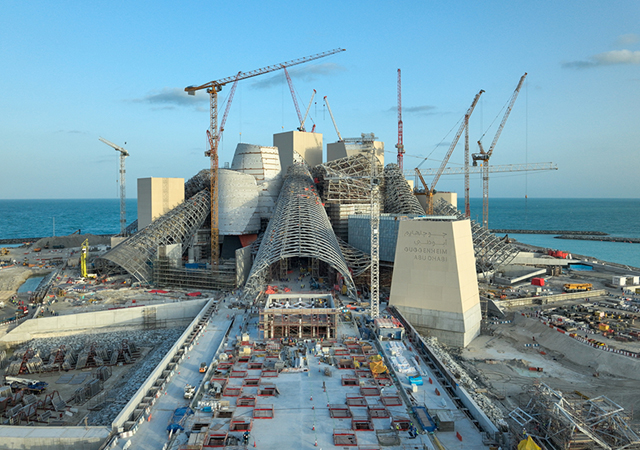
.jpg)
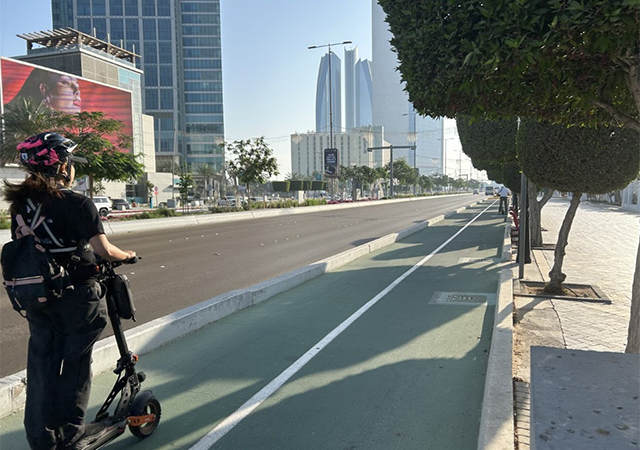
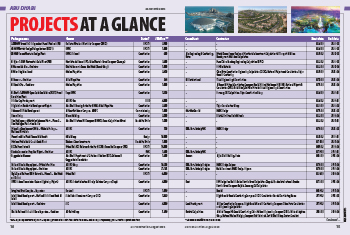

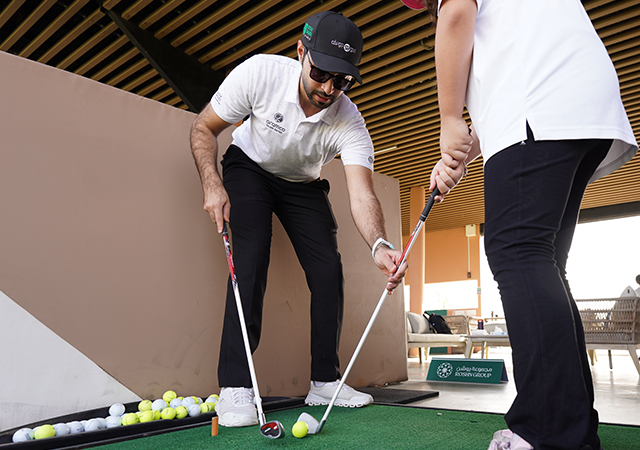

.jpg)


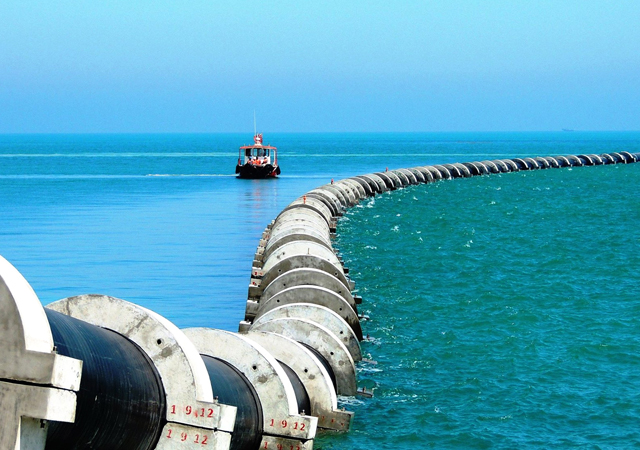



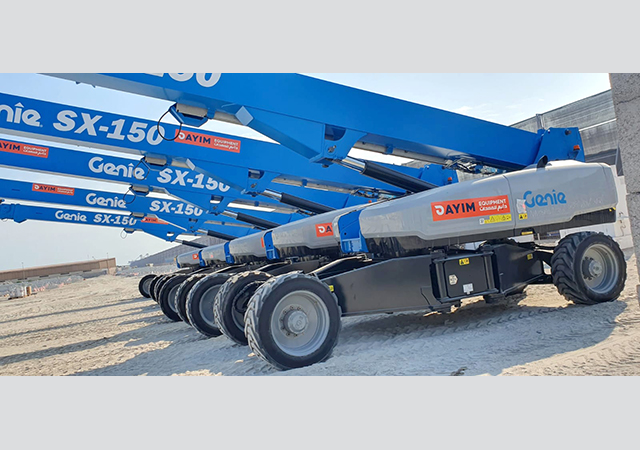
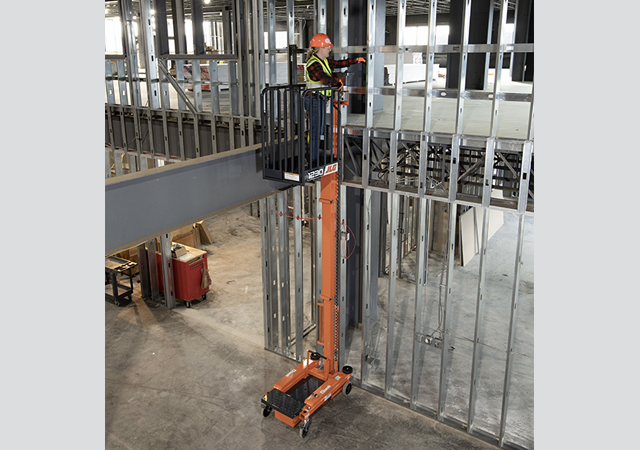
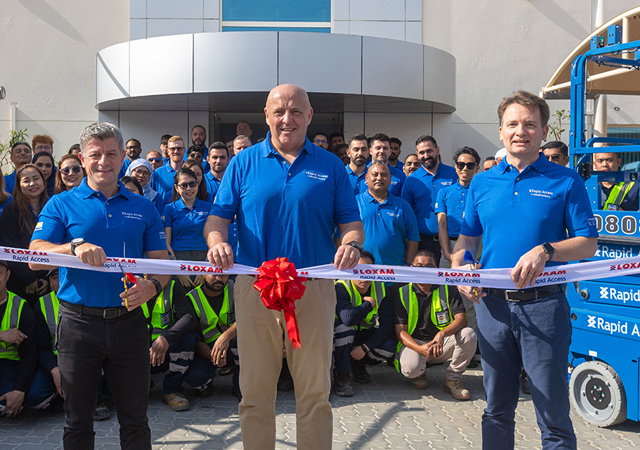
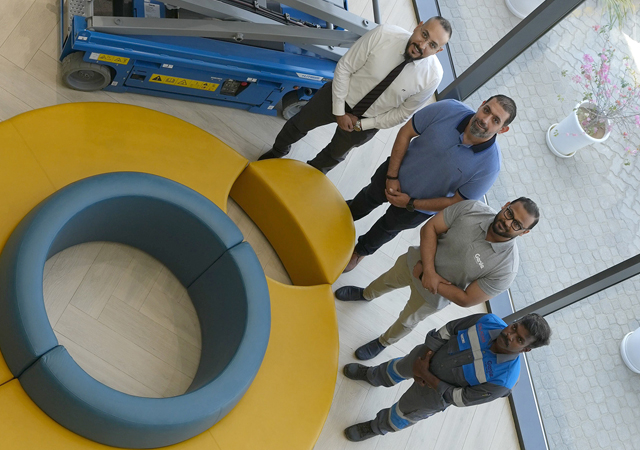
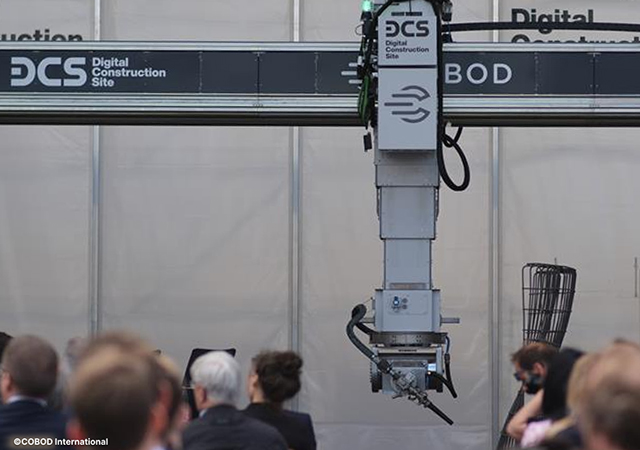
Doka (2).jpg)
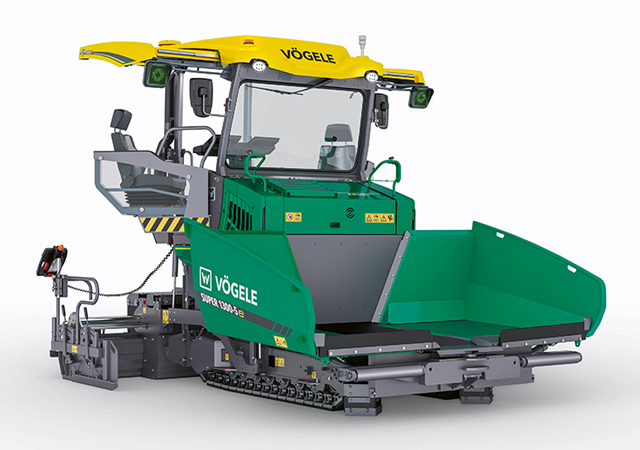


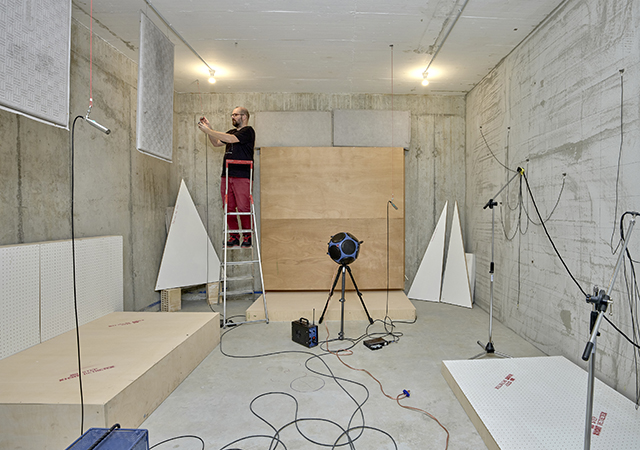

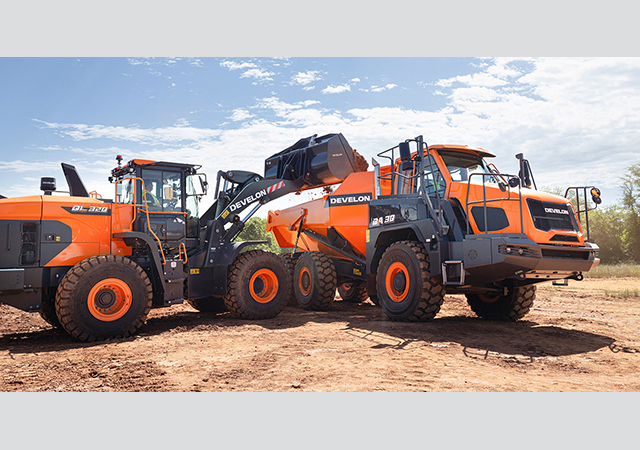


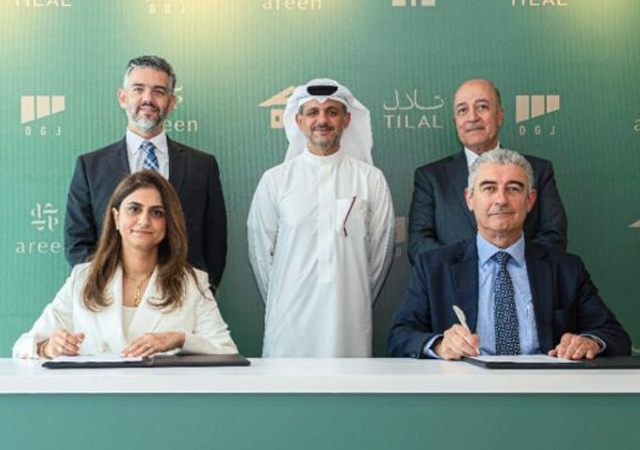
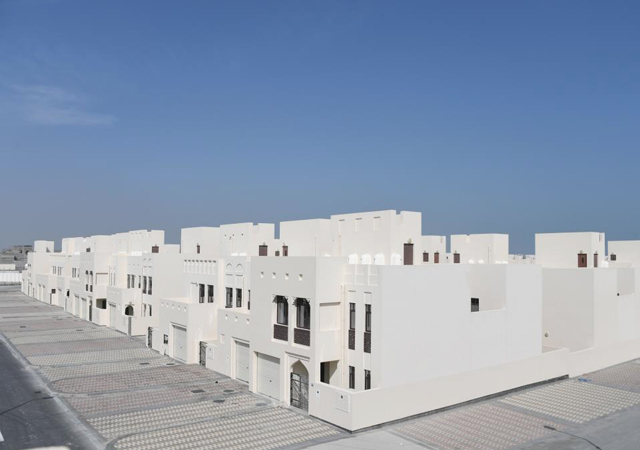





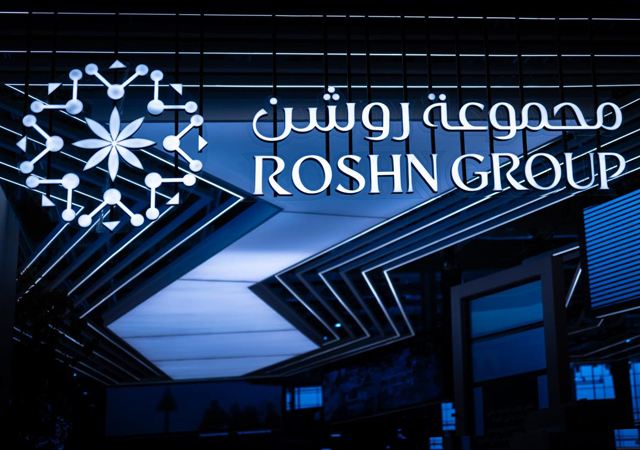
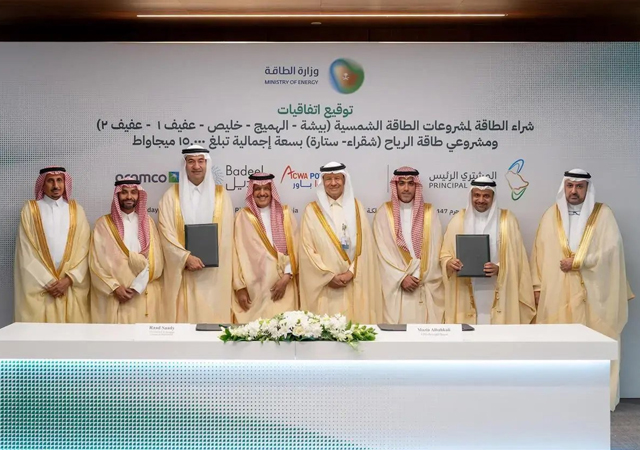
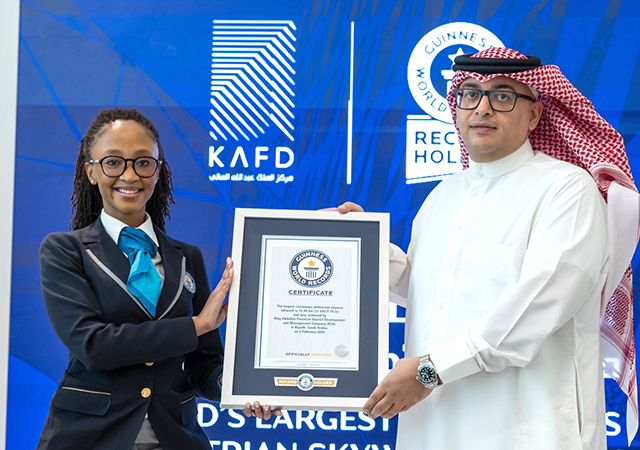
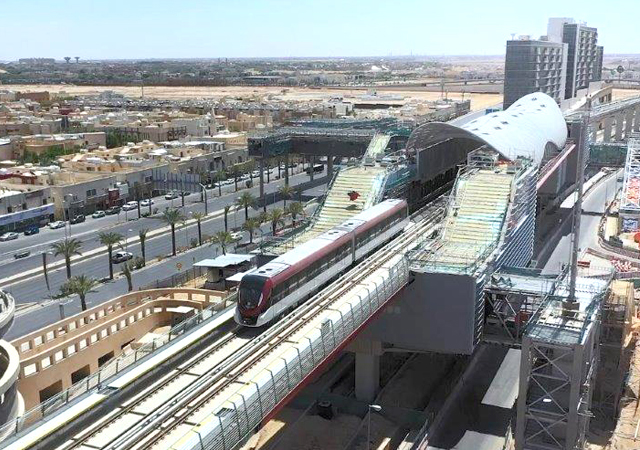
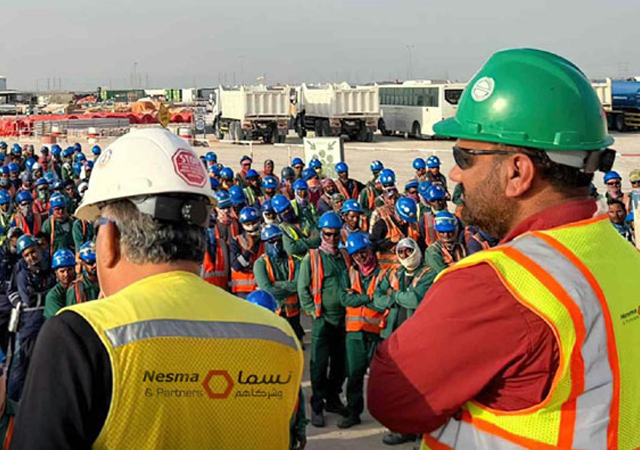
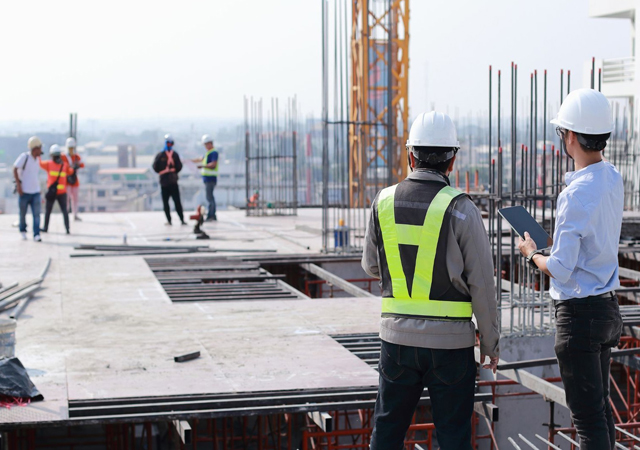
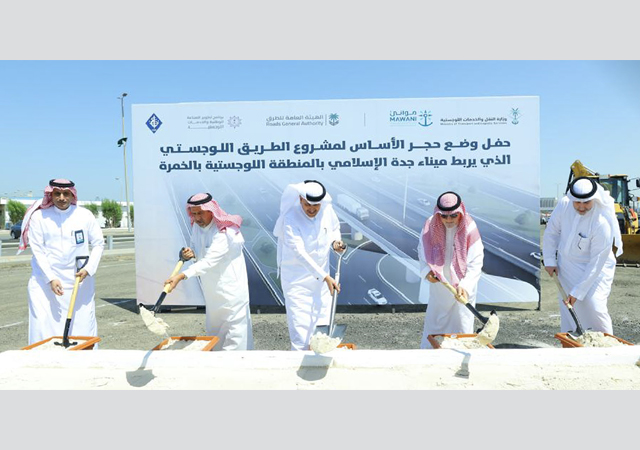






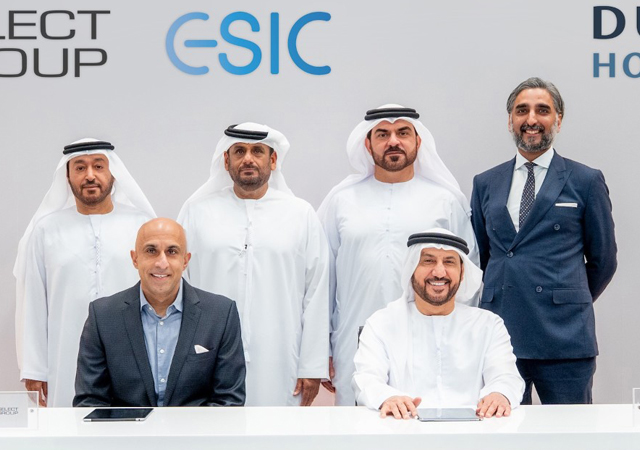

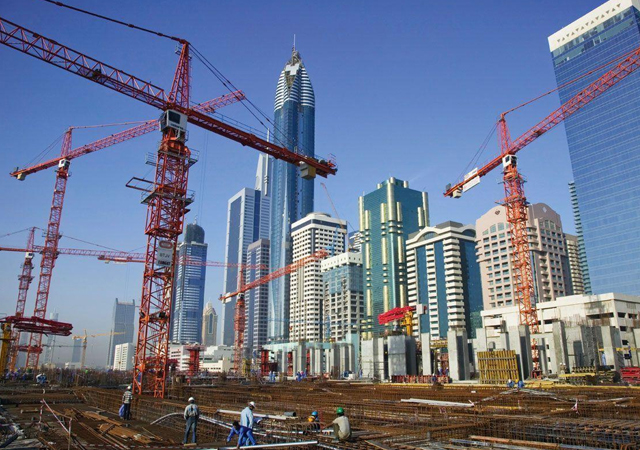




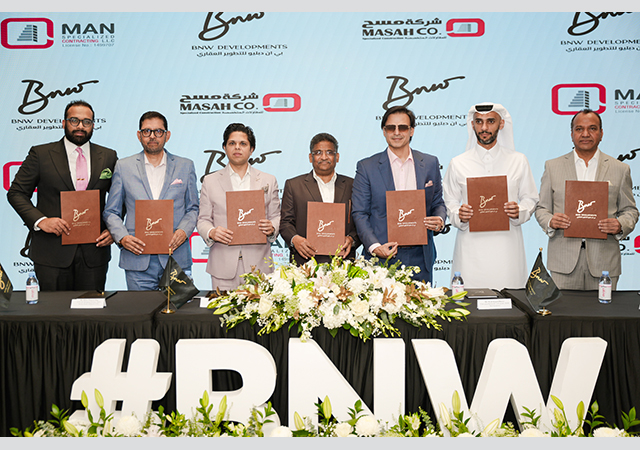




.jpg)
.jpg)

.jpg)
